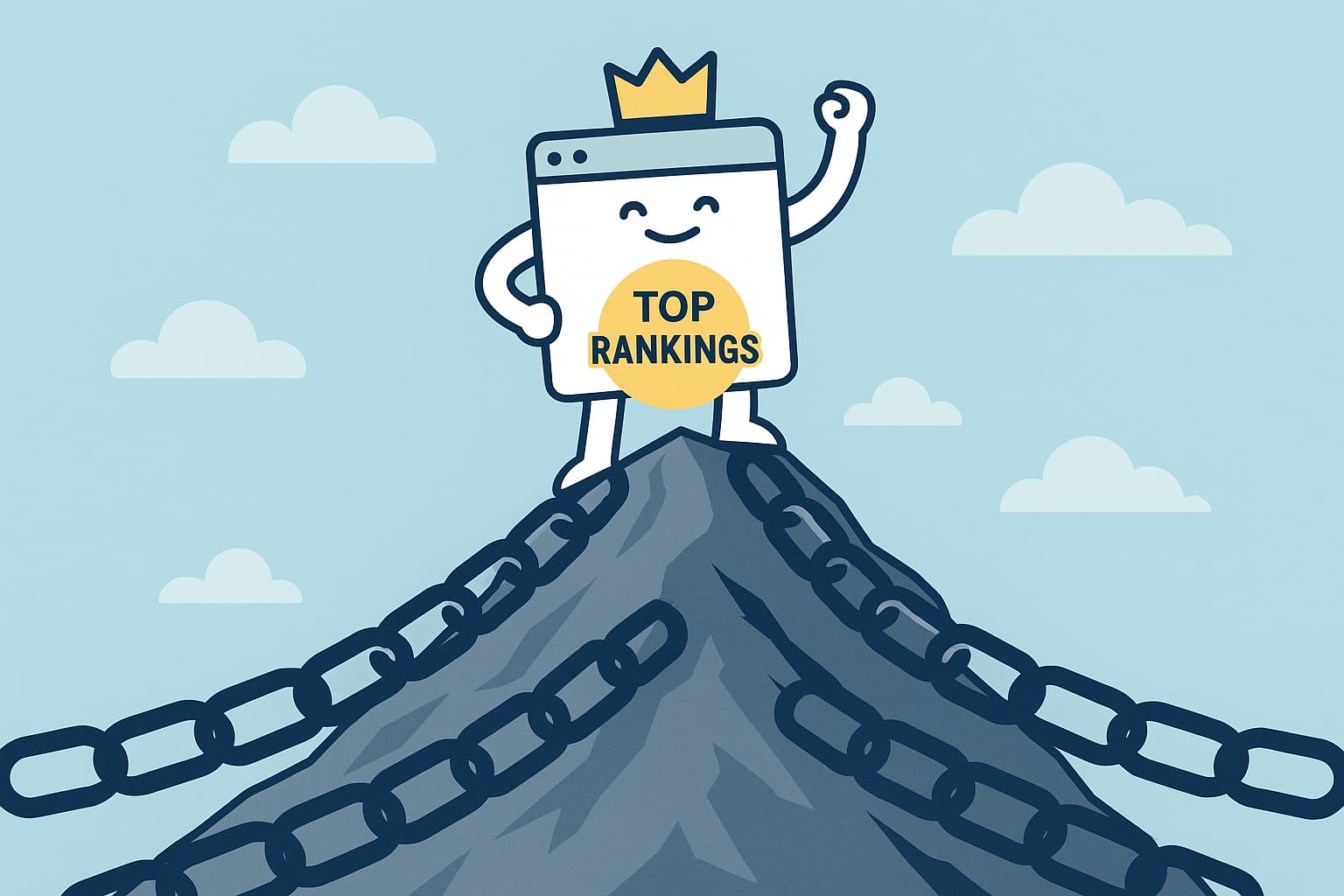Running a private game server can be a great way to have more control over how a game works. But if you want it to stay online and safe, you need to think about security from the start. Here are some key points to help you keep your server protected and working smoothly.
Use Strong Passwords for All Admin Accounts
When setting up your server, one of the first things to do is protect access with strong passwords. A short or simple password is easy for others to guess. That means someone could get into your server and make changes without your permission.
To avoid this, choose a password that is long and uses a mix of letters, numbers, and symbols. Avoid using your name or something easy like “12345” or “admin.” Also, don’t use the same password across different accounts. If one gets stolen, the others will still be safe.
If your server lets other admins log in too, make sure they also follow the same password rules. This way, you help guard your game from people who might try to break in.
Keep Your Server Software Updated
Game servers often use special software to run. This can be the server itself or add-ons like mods or plugins. Over time, developers release updates to fix bugs and patch security holes.
If you don’t update your software, it becomes easy for attackers to use those old bugs to get into your system. That can lead to crashes, stolen data, or even someone taking full control of your server.
Try to check for updates once a week. Some tools let you set automatic updates. But even then, it’s good to log in and see if anything new needs your attention. Keeping your server software fresh is a simple way to avoid big problems later.
Limit Who Has Access to Server Files
Only a small number of people should be able to access your server’s files or controls. If too many users have admin or root rights, the chances of something going wrong go up.
Start by creating separate user accounts. Give each person only the permissions they need. For example, someone helping with the game map doesn’t need access to your server’s settings or payment system.
Also, never share your main account with anyone. And if someone stops helping with the server, remove their access right away. This will make sure nobody keeps using your server without your knowledge.
Use a Firewall to Block Unwanted Traffic
A firewall acts like a security gate for your game server. It lets good traffic in and keeps unwanted visitors out. This is helpful when dealing with bots or hackers who try to overload your server or search for ways to break in.
Most hosting tools have built-in firewall options. You can set them to allow only certain IP addresses or to block connections after too many login attempts.
If your server is on your home network, make sure to check your router settings too. Some routers also come with basic firewalls that can be adjusted for game use.
A firewall doesn’t stop every threat, but it adds an important layer of defense, especially for public-facing servers.
Make Regular Backups of Server Data
Even with good protection, problems can still happen. A software bug, hardware failure, or attack can cause data loss. That’s why backups are important.
You should back up your server’s important files at least once a week. This includes game worlds, user data, and config files. If you run events or tournaments, consider backing up before and after each event.
Store your backup files somewhere separate from the main server. Cloud storage or an external drive are both good options. This way, if your main system fails, you still have something to restore from.
Having backups ready can save you a lot of time and stress if something ever goes wrong.
Use Secure Connections for Admin Tools
Many game servers let you manage settings through a web interface or a remote access tool like SSH or FTP. These tools can be helpful, but they also need protection.
Always use a secure version of the connection. For example, use SFTP instead of FTP, and make sure SSH uses strong key-based login instead of just a password.
Also, avoid managing your server from public Wi-Fi. If you must, use a trusted VPN to make the connection safer. Leaving these channels open without protection can give attackers an easy way in.
By securing your admin tools, you reduce the risk of someone gaining control over your game server.
Monitor Logs and Set Alerts
Your game server keeps logs of everything that happens—logins, crashes, updates, and more. These logs are useful for spotting problems early.
Make it a habit to review logs every few days. You might notice unusual login attempts, a plugin causing errors, or traffic spikes that don’t make sense.
You can also set up alerts. Some tools let you get an email or message when something strange happens, like a failed login or too many users joining at once.
Monitoring logs may sound boring, but it can help you fix issues before they become serious. If you’re running a server that handles real money or items, such as one linked with UK casinos not on GamStop, log checks are even more important to avoid any risks.
Disable Unused Ports and Features
Sometimes, your server software or operating system has extra features turned on by default. These might include test ports, remote sharing, or sample pages.
If you don’t need them, turn them off. Each open feature is another possible door for attackers to try. Even small unused tools can be a problem if they have known security bugs.
Go through your server settings and make a list of what you actually use. Anything that’s not on that list can probably be disabled safely. Your server will also use fewer resources this way.
Taking the time to clean up your setup will lead to a safer and smoother server.
Don’t Ignore Community Behavior
A secure server also depends on the people who use it. If your server has a public or semi-public user base, you need to watch how users behave. Griefers, hackers, and bots can damage your game and your server reputation.
Set clear rules for user behavior. Use moderation tools to deal with those who break them. Ban users who cheat or exploit the system. Encourage users to report bugs or bad behavior.
You should also keep track of mod activity if your server allows them. Sometimes bad mods can make changes that expose the whole system.
Good community management is part of good security. It’s not just about code—it’s about keeping your digital space clean and trusted.
Summary: Security Is a Daily Task
Running your own private game server can be fun and rewarding. But keeping it safe is not something you do once and forget about. You need to check, update, and protect your system often.
By using strong passwords, updating your software, limiting access, and watching for unusual activity, you give your server the best chance to run well for a long time.
You don’t need to be a cybersecurity expert to follow these steps—just stay careful, curious, and consistent. That’s enough to keep your digital world in good shape.




